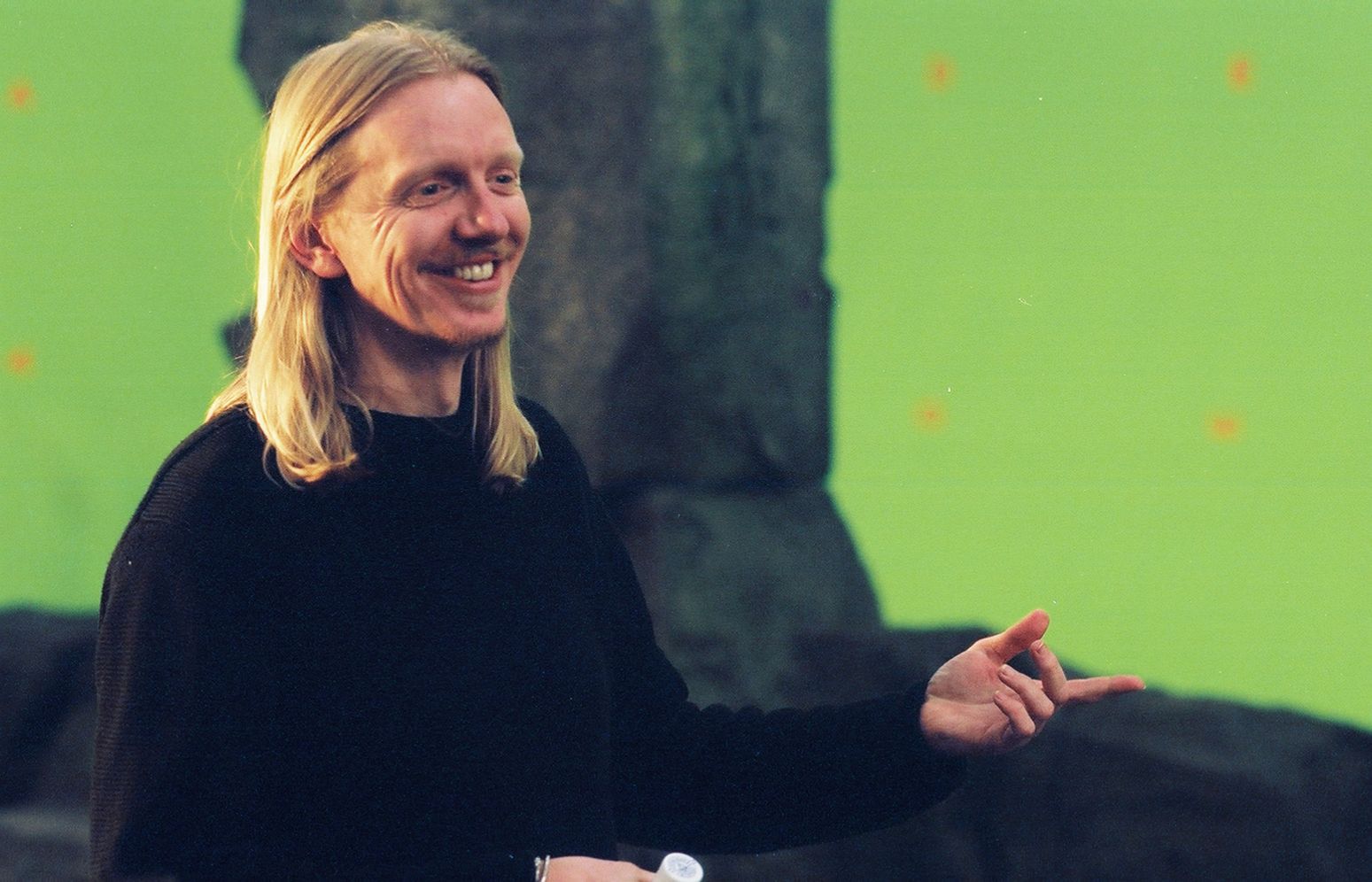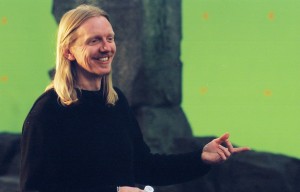
Questions for Andrew Adamson – Installment 3
Direction
Were you intimidated by the fact that your first live action movie was to be such a gigantic project?
Sure. I thought my first live action would be a simple character piece, maybe a nice little independent film… not so. But when this opportunity presented itself, I couldn’t pass it up. I’ve just loved the books for too long. Once you get started you kind of just deal with the problems that are immediately in front of you, so you break the large tasks up into bite sized tasks so that you don’t get overwhelmed.
 Will the creatures be pure CGI like Star Wars or performance-capture like Gollum? How did you cast their voices?
Will the creatures be pure CGI like Star Wars or performance-capture like Gollum? How did you cast their voices?
We’ve actually used just about every technique available. In some cases the characters were onset motion capture, in others key frame animation and sometimes both. We have characters that are full CGI and some that are a mix of human and CGI. For centaurs we sometimes have a horse body with a CGI human upper body, other times visa-versa and sometimes fully CGI. It really had to be decided on a shot by shot basis.
As far as casting: It’s pretty similar to casting any character. It’s combination of who they are, they’re acting style etc. In this case of course the voice is critical because all the animation stems from that.
Why did you choose to go for relatively unknown actors and actresses rather than at least a few big names?
I really just cast actors that I thought were right for the roles, regardless of the “size” of their names. The star of this movie is the story and that is what people will take away from it. That being said all the actors gave such wonderful performances that I’m sure they will soon be much more known!
How do you plan to address the inevitable comparisons between your film version of LW&W and the recent “Lord of the Rings” films? What is unique to this production?
You’re right that they’re inevitable, C.S. Lewis and Tolkien were contemporaries and friends who wrote in the same genre. I think, however, that the stories are completely different. This story takes children from our world into a magical alternative world. Narnia is a new world to Middle Earth’s ancient world… I could go on and on with the differences that I see. Ultimately the film will speak for itself, it’s such a different look, tone and story.
The wonder and the colourful world in “Narnia” couldn’t better be brought to life without the collaboration of a D.P. as talented as Donald McAlpine. Was your choice based on his previous “fantasy” works (i.e. Peter Pan, Moulin Rouge, Romeo + Juliet)?
I agree of course! It was based on his diversity, talent, skill and extraordinary vision. I’ve loved his photography in so many films including those mentioned above. We were lucky to have him and many other talented collaborators. (I wonder did Don ask that question??)
Narnia is a whole world. What part was the hardest to visualise?
The winter landscapes were challenging because we had to visualise them on set and on location. Because of the seasons we needed to shoot the set work before the locations, which meant we were taking a huge gamble that the snow would match when we went back to Central Europe. It is a tribute to Don McAlpine and Roger Ford that we were able to create such a contiguous world with these kind of seasonal challenges.
What was your biggest challenge in this movie?
Probably the scope of it. It starts as such a small family drama in WWII London and ends up being an epic journey and battle. The range of locations, characters and season made it technically very challenging and physically arduous for the whole crew.
Which scene from the book was the most difficult to bring to screen?
The battle was the most technically challenging. There were many elements, CG creatures, prosthetic creatures, animals etc and we were shooting at a distant location where we had to ferry everyone up and down mountains in helicopters! And then it snowed!

